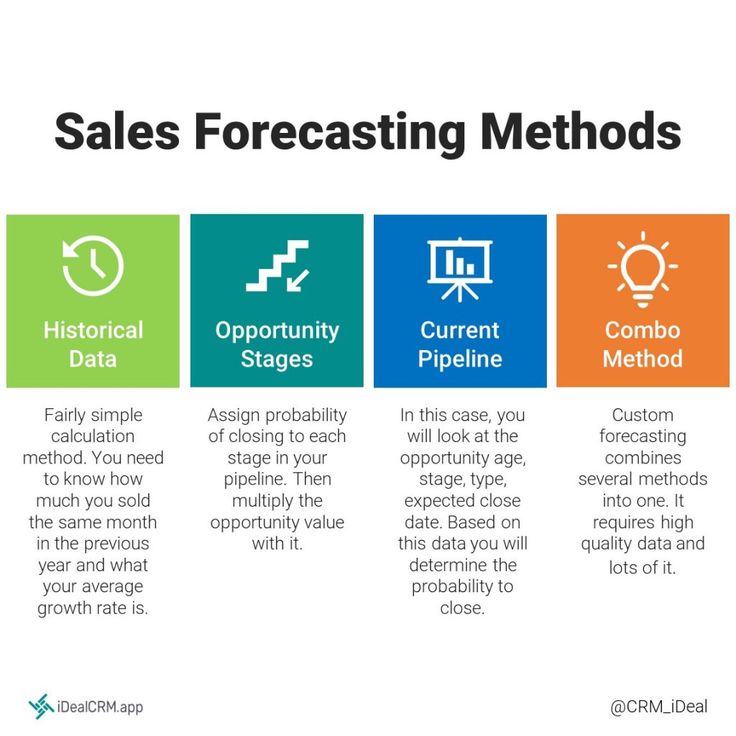
In today’s competitive business landscape, accurate sales forecasting is essential for strategic planning and sustainable growth. Companies are increasingly turning to Customer Relationship Management (CRM) systems to enhance their sales forecasting accuracy. CRM systems, which are designed to manage a company’s interactions with current and potential customers, offer a plethora of tools and features that can significantly improve the precision of sales forecasts. Here’s how:
1. Centralized Data Repository
One of the primary benefits of a CRM system is its ability to consolidate all customer-related data into a single, centralized repository. This comprehensive database includes information on customer interactions, purchase history, preferences, and feedback. With all this data in one place, sales teams can analyze trends and patterns more effectively, leading to more accurate forecasts.
2. Enhanced Data Quality
CRM systems help maintain high data quality by ensuring that the information entered is consistent, complete, and up-to-date. Data integrity is crucial for accurate forecasting, as outdated or incorrect data can lead to misleading predictions. CRM systems often come with data validation tools and automated updates, reducing the risk of human error and ensuring that the sales team works with reliable data.
3. Predictive Analytics and AI
Modern CRM systems leverage advanced technologies such as predictive analytics and artificial intelligence (AI) to enhance sales forecasting. These tools analyze historical data to identify trends and predict future sales outcomes. AI algorithms can process vast amounts of data at high speed, providing insights that would be impossible to obtain manually. This results in more accurate and timely forecasts.
4. Sales Pipeline Management
A CRM system provides a clear view of the sales pipeline, from initial lead generation to closing deals. By tracking the progress of each sales opportunity, CRM systems help sales teams identify potential bottlenecks and predict the likelihood of closing deals. This visibility allows for more precise forecasting, as managers can assess the probability of each deal closing and adjust their forecasts accordingly.
5. Improved Collaboration and Communication
CRM systems facilitate better collaboration and communication among sales team members. By providing a shared platform for information and updates, CRM systems ensure that everyone is on the same page. This collaborative environment helps sales teams make more informed decisions, leading to improved forecasting accuracy.
6. Real-Time Reporting and Dashboards
CRM systems offer real-time reporting and customizable dashboards that provide immediate insights into sales performance. These tools allow sales managers to monitor key metrics and adjust their forecasts based on the latest data. Real-time access to information ensures that forecasts are always based on the most current data, reducing the likelihood of errors.
7. Customer Segmentation
CRM systems enable businesses to segment their customer base based on various criteria such as demographics, purchase behavior, and engagement levels. By understanding the characteristics and behaviors of different customer segments, sales teams can make more accurate predictions about future sales. For example, they can identify which segments are most likely to purchase certain products or services and adjust their forecasts accordingly.
8. Scenario Planning
Some CRM systems offer scenario planning features that allow sales teams to create multiple forecast scenarios based on different assumptions. This capability helps businesses prepare for various potential outcomes and develop contingency plans. By exploring different scenarios, sales teams can gain a better understanding of potential risks and opportunities, leading to more robust and accurate forecasts.
Conclusion
Incorporating a CRM system into your sales processes can significantly enhance the accuracy of your sales forecasting. By centralizing data, improving data quality, leveraging predictive analytics, and facilitating better collaboration, CRM systems provide the tools needed to make informed and precise predictions. As businesses continue to navigate an ever-changing market landscape, the ability to forecast sales accurately will remain a critical factor for success. Embracing CRM technology is not just an option but a necessity for companies aiming to stay ahead of the competition.